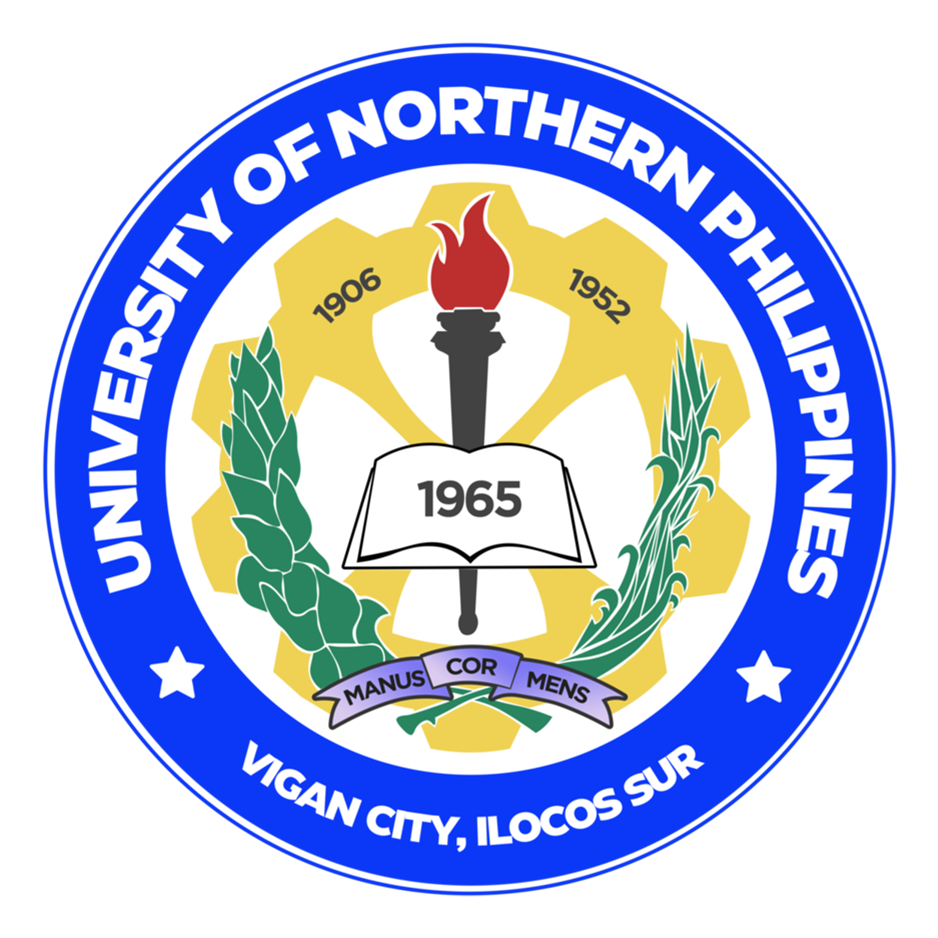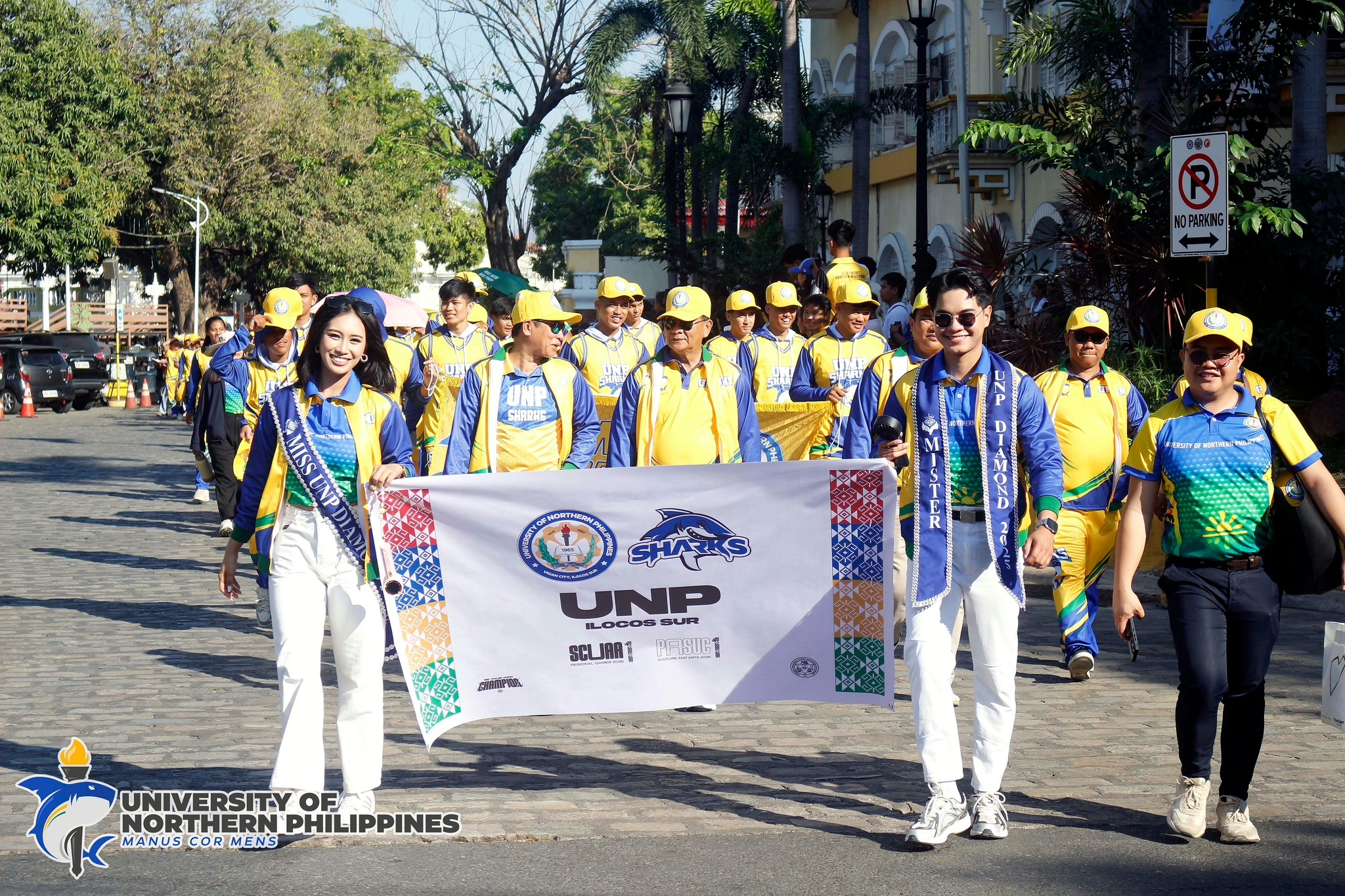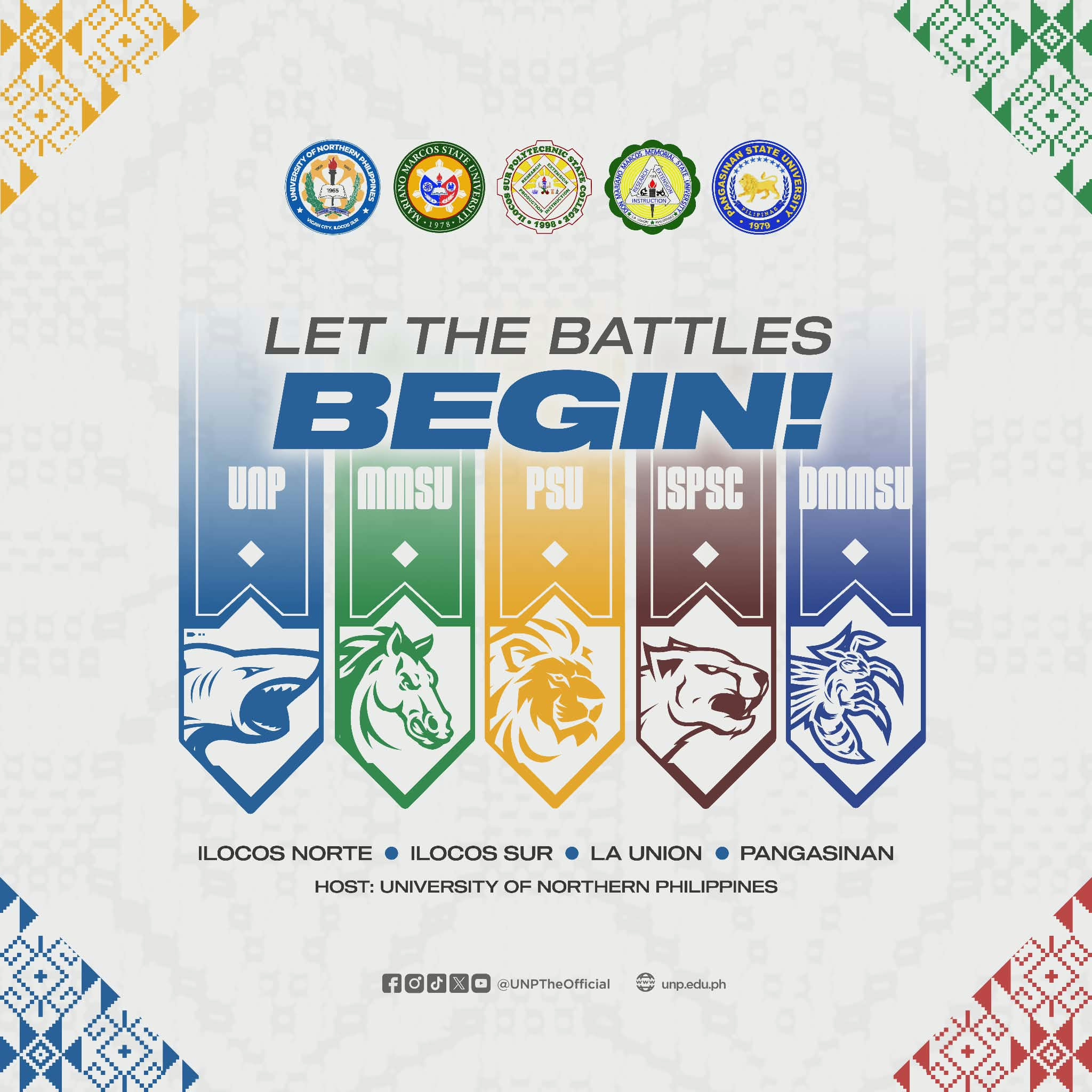The University of Northern Philippines – College of Teacher Education’s Bachelor of Technical-Vocational Teacher Education (BTVTEd) and Bachelor of Technology and Livelihood Education (BTLEd) programs marked the third year of their participation in World Home Economics Day (WHED) with a two-day celebration on March 27-28, 2025. The event, held at the College of Teacher Education ground and UNP Auditorium, showcased sustainability, cultural heritage, and gender-inclusive innovation under the theme “Empowering Lives through Sustainable Consumption, Cultural Heritage, and Gender-Inclusive Innovation.”
Organized in collaboration with the Professional Future Industrial Technology Educator (Pro-FITED) Organization, the celebration opened with the Art Meets Words Exhibit and Food Bazaar. Faculty-led exhibits highlighted students’ creativity through innovative projects, artwork, and entrepreneurial food stalls. The ribbon-cutting ceremony was led by key university officials, setting the stage for a showcase of talent and ingenuity.
Day two featured insightful discussions on inclusivity and diversity. Atty. Kathryn Louise Eder presented “Beyond Stereotypes: A Basic GAD Orientation,” while Dr. Archie Martinez delivered a lecture on “Understanding SOGIE: Embracing Diversity and Inclusion.” UNP President Dr. Erwin Cadorna and CTE Dean Dr. Ma. Teresa Susan Manzano also pointed out the relevance of Home Economics in community empowerment.
The highlight of the celebration was the Fashion Show and Cultural Dance Competition, blending sustainability with Filipino traditions. BTLEd HE 3’s Liezl Angel Marie Riotoc was named WHED 2025 Fashion Icon, while BTLEd HE/IA 1 ruled the competitions, winning the Most Sustainable Booth award, Cultural Dance Champion, and First Place in the Poem and Painting Competition.
Judged by experts in fashion and cultural performance, the WHED 2025 celebration aligns with UNP’s commitment to Home Economics as a tool for innovation and social change. With each passing year, the event strengthens its role in shaping the next generation of educators.
Article by Arthur Pascua and Jamelle Frances Realin.




